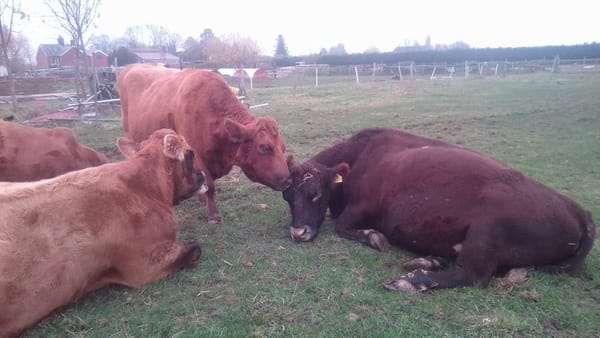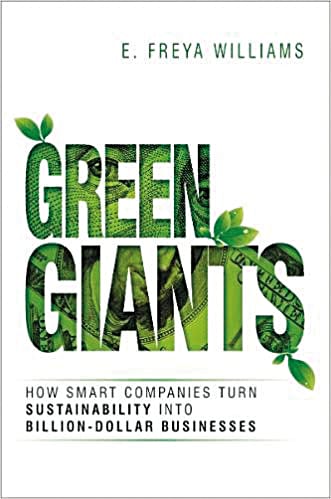Lettuce Eat Better
Veganuary - the challenge to eat a plant-based diet in the month of January has seen more people and businesses taking part in 2019 than ever before. Will this environmentally-minded movement be sustained?

Now that Veganuary 2019 has come to an end, it’s the perfect time to reflect on the cultural shift veganism and the plant-based message experienced in recent decades. Veganism, it’s fair to say, has recently experienced a leap from the fringe into the spotlight, with many reasons underlying its ever-growing popularity.
Over 681,000 people in the UK (approximately 1% of the population) currently follow a vegan diet: a number predicted to increase by 327% in the coming year, while google searches for ‘vegan’ quadrupled between 2012 and 2017, exceeding both ‘vegetarian’ and ‘gluten free’ search terms. Participation in the Veganuary campaign (which has approximately doubled with each successive year since its establishment in the UK in 2014), has meanwhile peaked again this year with an estimated 300,000 new participants.
Such a dramatic swing has prompted many to wonder: what concerns are driving our blossoming appetite for conscious consumerism when it comes to abstaining from products borne of animal exploitation? Early teachings, such as those found in Jainism, Buddhism and Hinduism, alongside the views of prominent figures including Pythagoras and Plutarch, have traditionally considered moral and ethical issues surrounding the relationship between humans and animals. Are modern minds changing en masse according to these ideas, or is there more to it?
Indeed, much of the modern focus remains (appropriately) on the injustices committed against animals for the production of meat, dairy, eggs and other animal-derived products, with a growing number of documentaries portraying the treatment of animals used for food production. However, the interest fuelling this modern surge towards plant-based living extends beyond concerns relating to ethics and morals, rather, tapping into mounting worries surrounding the impact of consuming and producing a typical Western diet on our health and the environment.
An ever-growing body of science continues to support the positive implications of adopting a plant-based lifestyle with regard to our health and the planet. From the perspective of health, a vegan diet has been shown to offer protection against numerous conditions including obesity, type 2 diabetes and cardiovascular mortality. Meanwhile, only those living under rocks could manage to miss the mounting evidence revealing the disturbing and staggering contributions of animal agriculture towards deforestation, species extinction, and global warming. Given the increasing availability of this information to an ever more informed population, the rapidity with which the vegan message continues to chime with a growing portion of society is hardly surprising.
Looking at results from a survey of participants in the 2018 campaign, as reported by Plant Based News, 43% of respondents listed animal welfare and rights issues as motivating factors when signing up. A further 39%, however, cited health as a driving factor, while 10% of respondents listed environmental concerns as their reason for taking part. This increase in diversity of thought and of awareness in general is hugely encouraging, as it helps reach individuals who otherwise might not have shown any interest in making the change. And, as is so often the case with new adherents to the lifestyle, the numerous benefits besides the initial motivation that sparked one person’s interest tend to become apparent quickly, and lead them to inspire others to consider the source and impact of their purchases.
Altogether, the overwhelming success of Veganuary and continuing rise of interest in veganism as a whole has set a fantastic precedent for 2019, which looks to be the strongest year yet for the plant-based diet. And with high street stores now racing to outdo each other with fresh vegan-friendly products and ranges such as the now-infamous Greggs meat-free sausage roll, Pizza Hut’s Jack ‘N’ Ch**se pizza and Marks and Spencer’s Plant Kitchen (comprising 60 brand-new meals) this wave doesn’t seem likely to crash anytime soon.







